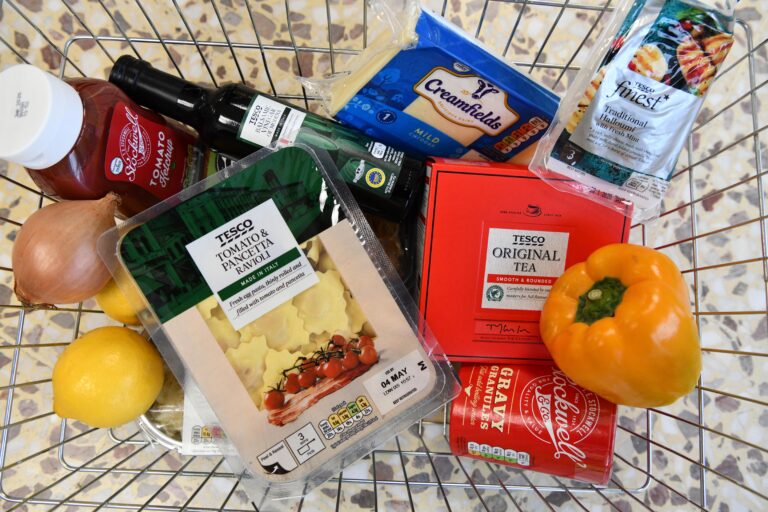Take-home grocery sales rose by 10.8% during the 12 weeks to 6 September, according to Kantar, but slowed down during August at the Eat Out to Help Out scheme skewed food and drink volumes in the supply chain.
Furthermore, the retail research firm said that in the most recent four weeks year-on-year sales growth decelerated to 8%, the slowest rate since April 2020. However online grocery sales rose by 77% year on year in the past four weeks, bringing the cumulative increase in orders to £3.2 billion since lockdown began
Fraser McKevitt, Head of Retail and Consumer Insight at Kantar, said: “Grocery growth tailed off in August as the Government’s Eat Out to Help Out scheme got underway and people were encouraged to return to offices and resume normal routines.
“Fewer meals eaten at home meant consumers spent £155 million less in the supermarkets in the four weeks to 6 September compared with July. Alcohol sales dipped month on month, with wine down 5% and beer down 10%, as the scheme encouraged people to swap Zoom catch ups for their favourite bars and restaurants. The chance to see colleagues, friends and family in person again seems to have reignited personal grooming routines – sales of hair styling products were 17% higher in August than July, hair removal treatments were up by 11% and deodorants by 3%.”
However, online grocery growth slowed for the second month in a row and dropped back to 12.5% of total sales this month from a peak of 13.5%.
Kantar said that Ocado, which launched its partnership with Marks & Spencer’s to shoppers on 1 September, was the fastest growing retailer over the past 12 weeks, with sales up by 41.2% year on year. Its former partner, Waitrose, increased overall sales by 7.3% compared with last year, and Waitrose.com experienced the fastest year-on-year online growth of any retailer.
Discounter Lidl increased its sales by 11.4% and Tesco by 10.5% over the 12 weeks and both retailers held market share year-on-year.
Iceland grew sales by 20.8% during the 12 weeks, achieving a 2.4% market share, up from 2.2% last year. Aldi increased sales by 10.0%, with its market share slightly down on last year to 8.% while sales at Co-op rose by 13.4%, but increased by more than double this rate in the North of England, where local lockdowns meant consumers were shopping closer to home.
Morrisons sales rose by 12.9%, with market share up by 0.2 percentage points to 10.1%. Sainsbury’s and Asda’s sales increased by 8.0% and 6.3% respectively.
The 12 week average basket per shopper was £131, £24 more than the same time last year.







